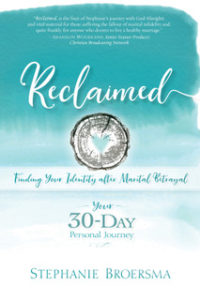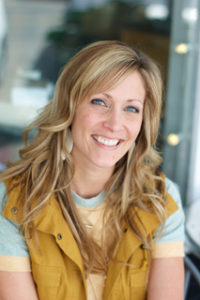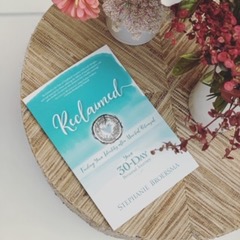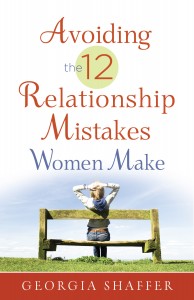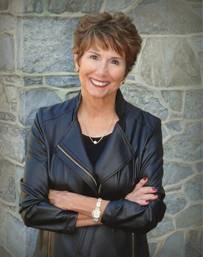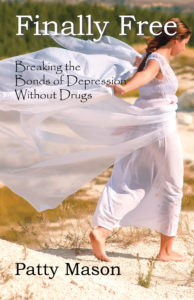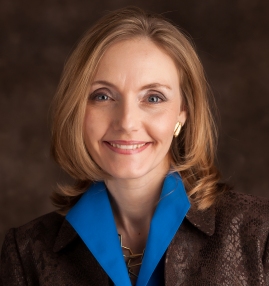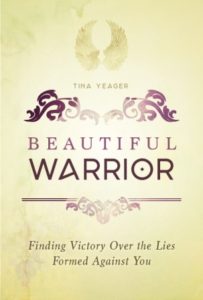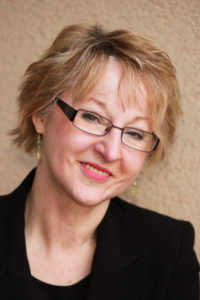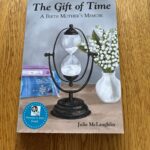Last year when we finished our Marriage 911 class, I witnessed a startling change.
When the class first began, I stood at the podium and looked out at people whose marriages had crumbled around them and their lives falling apart. Their faces were despondent; their eyes filled with questions and doubt. But thirteen weeks later on the night of our final class, many of those same people—eyes shining with new hope—spoke up to tell us of resurrected marriages. Others had not seen their marriages restored, but had discovered a new peace in the waiting and a perseverance to hold onto God and follow His lead.
God was doing a new thing. Lives that previously seemed in ruins were being rebuilt.
As wonderful as this is, however, in the middle of the chaos it’s hard to understand. Why does God allow us to go through such suffering?
In the book of Jeremiah, the prophet warns the people of coming calamity. But at the same time he tells them God will restore them and build them up again. God wanted to get their attention to lead them back to Him, but they wouldn’t listen and kept on living a lifestyle of willfulness and rebellion. So, yes, while God had allowed their lives to plummet into a period of apparent hopelessness, at the same time He was working to bring restoration so He could give them a brand new future.
Isn’t this what sometimes happens to us as Christians when we experience trials? Whether the trial comes about as a result of our own sin, someone else’s sin, or just rough circumstances, crisis brings us to our knees where we finally look up to God for help. And when we do, He shows up, pointing out changes He wants us to make, sins He wants us to abandon, or a new direction He wants us to go.
We are such stubborn creatures, going our own way, doing our own thing, we seldom take the time to really listen to our ever-present Father who wants to lead us into the future He has planned for us. Once He gets our attention, once we start to listen to His words, once we begin to obey what He is telling us to do, He begins to build us up again.
In Jeremiah 31:3 – 4, the Lord’s words ring out to remind us of his love and His presence in our lives even during times of trouble. “I have loved you with an everlasting love, I have drawn you with loving kindness. I will build you up again and you will be rebuilt.”
When trials come and our lives seem to be collapsing around us, it may be a time to look up. God may be trying to get our attention, and if we haven’t been listening, the turmoil we’re experiencing may be His megaphone. But He will not leave us in a place of hopelessness.
His encouraging words in Jeremiah 31.13 tell us His plan. “I will turn their mourning into gladness; I will give them comfort and joy instead of sorrow.”
In every life, seasons come. If you are in a season of tumult and confusion, find comfort in the fact that this is only a season, and other seasons will come. Put your hope in God, and He will build you up.
For everything there is a season, and a time for every matter under heaven:
a time to be born, and a time to die;
a time to plant, and a time to pluck up what is planted;
a time to kill, and a time to heal;
a time to break down, and a time to build up;
a time to weep, and a time to laugh;
a time to mourn, and a time to dance;
a time to cast away stones, and a time to gather stones together;
a time to embrace, and a time to refrain from embracing;
a time to seek, and a time to lose;
a time to keep, and a time to cast away;
a time to rend, and a time to sew;
a time to keep silence, and a time to speak;
a time to love, and a time to hate;
a time for war, and a time for peace.
Ecclesiastes 3:1-8
To learn how to rebuild your marriage during a time of marital separation or crisis, check out my latest book, Fighting for Your Marriage while Separated. A Practical Guide for the Brokenhearted. Let me walk with you on this road to hope and restoration.

